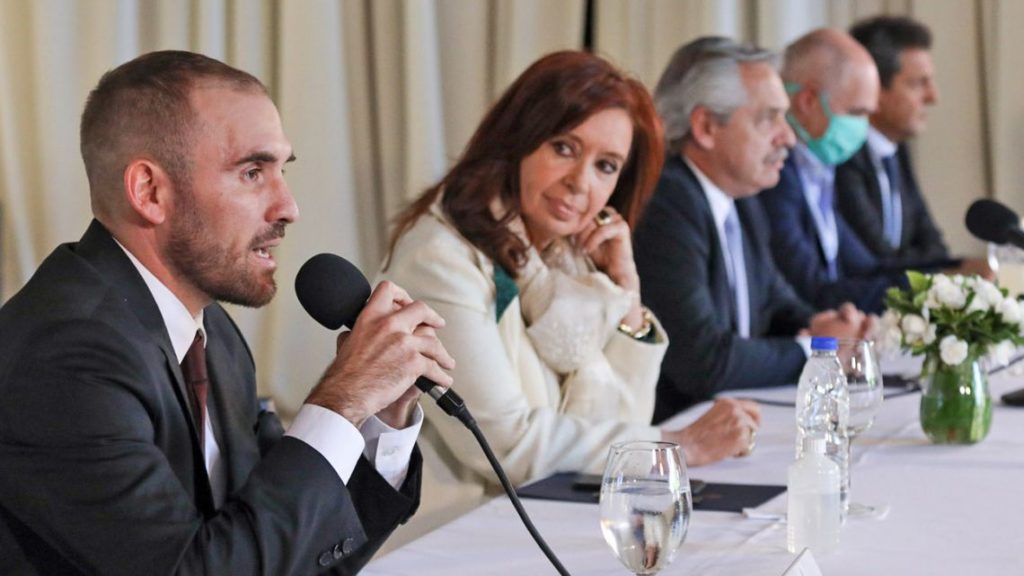On April 20, Argentina’s biggest bondholders have rejected the proposal laid out by the government late last week to restructure $83 billion of foreign debt, raising the prospect that the country could enter into default as early as next month.
Argentina has chosen to make a unilateral offer which would have reduce debt payments by $41.5 billion and give the country time to pull out of a recession that is only expected to get worse as a result of the Covid-19 pandemic, according to Argentine Economy Minister Martín Guzmán.

The proposal calls for a 3 year grace period on capital and interest payments, a 62% discount in interest payments and a 5.4% reduction in capital payments, which combined would provide $41.5 billion in debt relief. If accepted, bondholders would swap 21 outstanding bonds for new notes that mature in 2030, 2036 and 2047. The new bonds, denominated in US dollars and Euros, will pay between 0.5% and 4.875% per year, for an average rate of 2.33% that will start to accrue on 15/11/22. No payments of principal or interest will be made until 2023.
However, creditors denounce this restructuring plan as unacceptable. Even if Mr Guzmán said this was the final offer, room for negotiations with the creditors should be found. It is better for Argentina to reach a deal with the bondholders than to default.
Short term, Argentina needs to pay around $500 million in interest payments on bonds included in the restructuring on April 22. If it misses the payment, it will have a 30-day grace period before triggering a default around May 22. To be continued…
